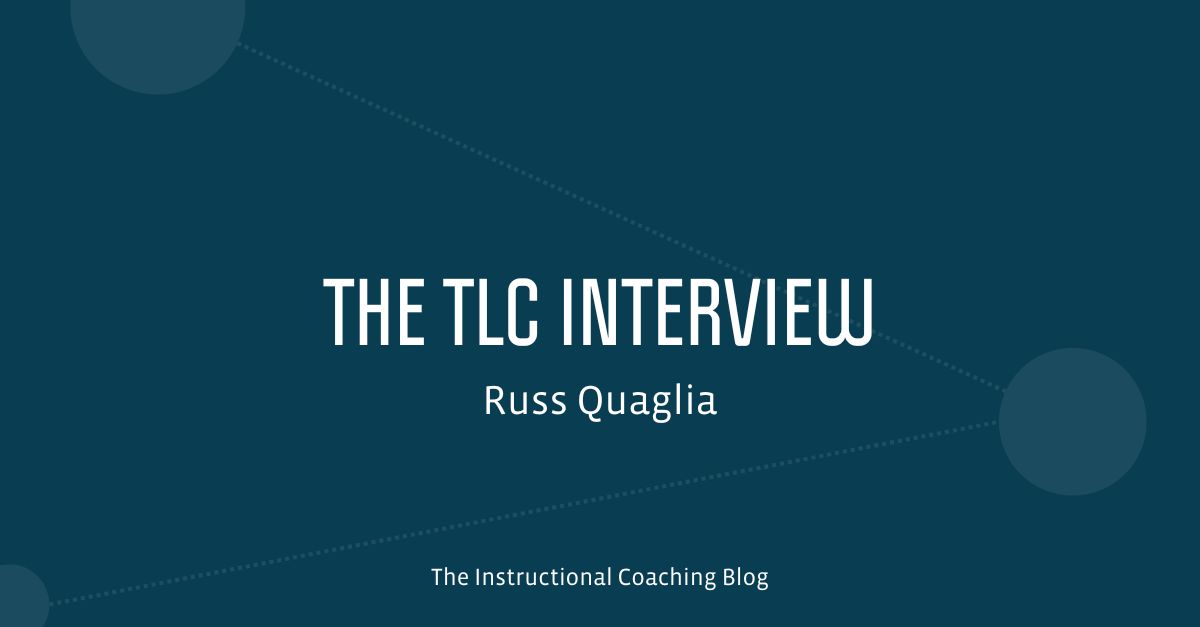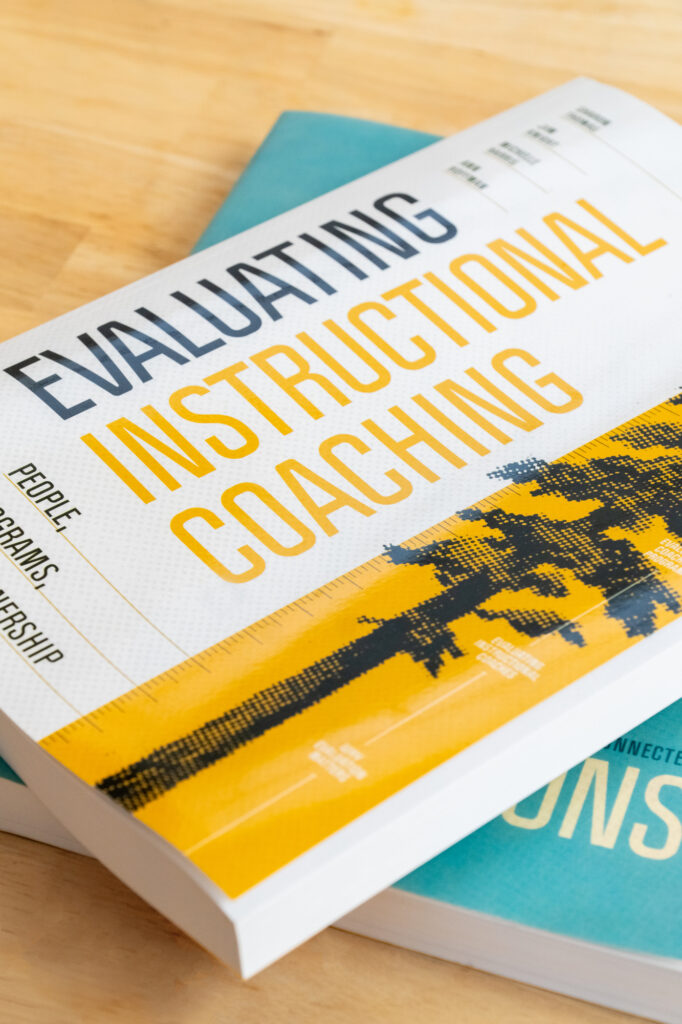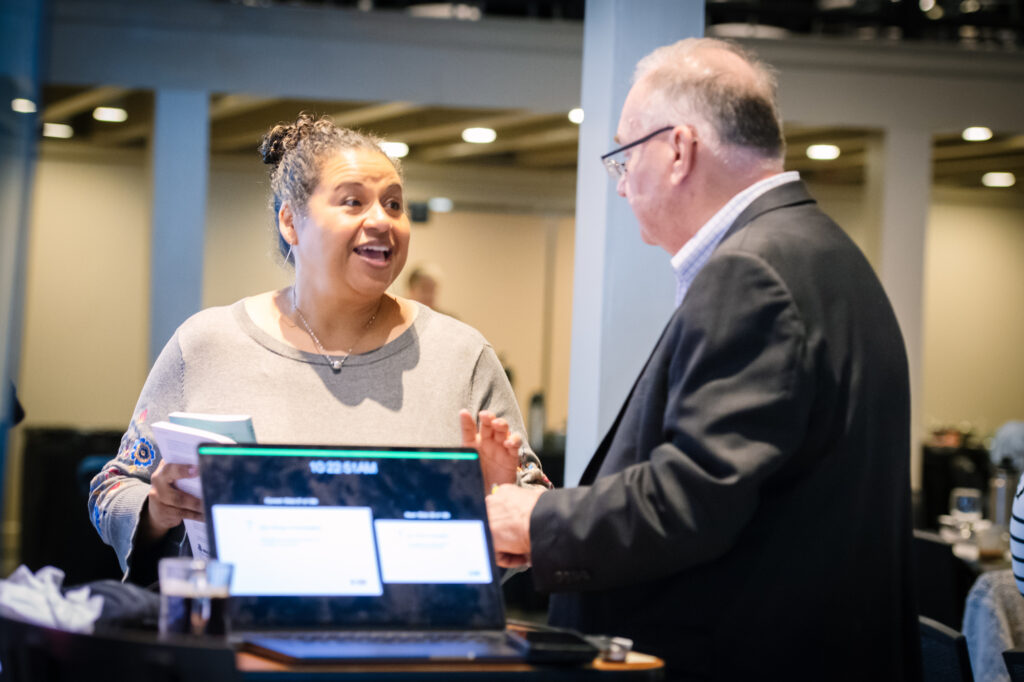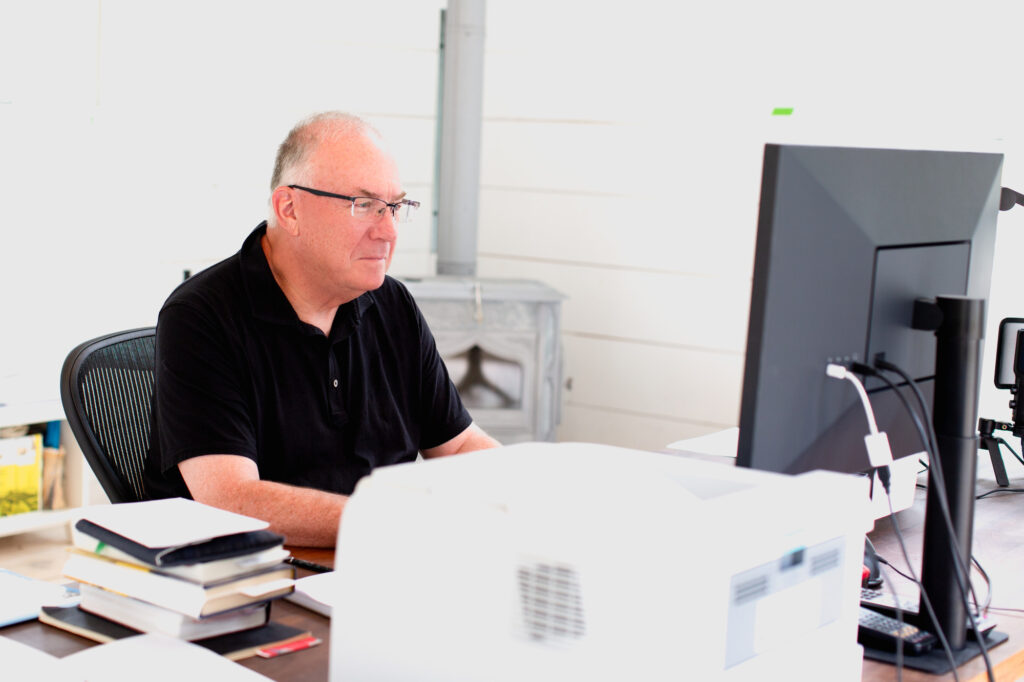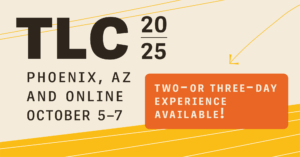I asked Russ Quaglia to present at our Teaching Learning Coaching conference last year because I believe he has a critically important message: our students must have a voice that has authentic impact in schools. He is one of my favorite presenters, and every time I hear him or read his books, I’m inspired and challenged to do more to ensure that everyone’s voice counts: teachers, principals, and especially students. This year Lisa Lande, who coauthored Teacher Voice: Amplifying Successwith Russ, will be presenting at TLC. I can’t wait to hear what she’s got to say about teacher voice and coaching. I hope to post an interview with Lisa later this year. Here is what Russ told me last year.Russ is recognized globally as a pioneer in the field of education, known for his unwavering dedication to student aspirations and student voice. He authored the School Voice suite of surveys, including Student Voice, Teacher Voice, Parent Voice, and iKnow My Class.He also co-founded and currently chairs the Aspirations Academies Trust, a sponsor of primary and secondary academies in England built upon his aspirations research. Most recently he has founded the Teacher Voice and Aspirations International Center, dedicated to amplifying the voice of teachers in order for them to realize their aspirations and reach their fullest potential.
How did you come to write about coaching, including student voice? My work started around student aspirations and trying to identify the conditions that allowed students to reach their fullest potential. For a long time I studies the importance of self-worth, being meaningfully engaged, and having a sense of purpose, but finally, it dawned on me what was missing: student voice. It’s student voice that is at the heart of all of this other work: from their voices, we can support teaching and learning by (a) enhancing students’ self-worth, (b) design more engaged classrooms, and (c) provide a greater sense of purpose—knowing who they are and what they want for themselves.For me, teaching and learning is really a collaborative effort. Even though we organize ourselves to be isolated in schools, teachers assigned to classroom, for example, I don’t think it means that we have to act like we’re isolated. I believe it’s critical that teachers work as a team and support and learn from one another, but we must add students to the team.
Tell me a bit about your publications I originally started writing about student voice. The more research and writing I did, the more I realized that student voice is greatly influenced by teacher voice and that’s where I met up with Lisa Lande and wrote Teacher Voice: Amplifying Success. As I was talking to administrators about teacher voice, they were telling me they didn’t have a voice, so then I wrote Principal Voice: Listen, Learn, Lead. This in turn led me to write Parent Voice: Staying in Tune with Your Kids with Kristine Fox and Deb Young. Another book that will hit the shelves soon is Engagement by Design, who I coauthored with Douglas Fisher, Nancy Frey, Dominique Smith, and Lisa Lande. Finally, I am completing two more books. The first is a children’s book I wrote with my daughter Cali entitled, Cay and Adlee Find Their Voice. And last but not least, a writing project I have been working on for some time is a recipe book entitled Kitchen Aspirations. In this book, the greatest chefs in the world dedicate their favorite recipe to their most influential teacher. Obviously, it is time I take a break from writing!
What are some of the core ideas in your approach to coaching? My approach to coaching consists of four core ideas, which I share with both teachers and students. First, everyone has room to learn and grow, not just in the content areas but what teaching and learning really means. Second, students have something to teach us— about ourselves, about how we teach, about who we are as educators. Third, students and teachers are the potential, not the problem. And fourth, we’re all in this together.
What distinguishes your work from other people’s work on coaching, educational change and so forth? The main thing that distinguishes my work is my concentration on the role of the students in the teaching process. It may sound obvious, but in most cases people only pay lip service to the role of students. I think we must not only ask students what they see regarding the teacher in the classroom, but also what the students observe of themselves and other students in the class. Do they come to class prepared to learn? Are they respectful? It throws the whole assessment process on its head as we are not just getting kids’ voices heard regarding what they are seeing in the teaching but also what they see with other students and themselves in learning.I want to shift the responsibility of learning much more to the kids by putting them in the observation role. I think it is critical for students to observe themselves around self-worth, engagement, purpose, and voice. Teachers like this approach because they’re not threatened by it. We are not asking students to critique the teachers, but to reflect and critique themselves as learners. What’s working, what isn’t, and why? It creates, to use your words, “better conversations” between students and teachers.
What have been some of your key learnings over the past few years? The biggest learning for me over the years is that not all students and teachers are ready or willing to have a voice. I think a lot of people, myself included, assume that collaboration, communication, and voice just come naturally to everybody, but that isn’t the case. Training and how we communicate with each other needs to look differently, and that is why I constantly refer to your book Better Conversations for ideas.The thing that annoys me is that common sense is being trumped by common practice in schools. There are things that we’re doing that make absolutely no sense to anyone, yet we continue to do them. I challenge teachers to think about what they are doing every day that doesn’t make any sense to them but that they continue to do anyway. First they laugh, but then they get really serious and readily tell me countless things they do daily that make no sense. I tell them why: because they let it happen!
What’s a good metaphor for coaching? The answer to this question came to me instantly, knowing how both of us love ice hockey. So I think a good metaphor for coaching was the equipment manager who would sharpen our skates at the end of every game or even in between game periods. He would watch us play and If something wasn’t “right” with our performance, he would make suggestions, work with us, and fine tune our skate blades until we hit our stride. Sometimes, it was not my blades that were the problem, it was me! Nonetheless, he worked with all of us until he knew we were all playing to the best of our ability. This metaphor may not make sense to everybody, but I think it will make sense to you.
What else do people need to know about your approach to student voice, coaching, and school change? In the simplest terms, I think that students play an integral, not a passive, role in the educational and coaching process. They need to be real contributors and, of course, the same goes for teachers, principals, parents—people’s voices matter. People need to be heard in ways that they’re not typically being heard in today’s learning environments.
Since our conference theme is “it’s all about the kids,” which was inspired by you, please tell me about the impact your work has on children My hope is to move the foundation on which education is seemingly based right now, testing and accountability, to one of trust and responsibility. I understand the importance of testing and accountability, but I also know that’s not going to meaningfully advance any kind of school improvement agenda. So hopefully, the impact of our work will create a learning environment for kids that is not just built on testing and holding them accountable for every little thing, but one that is built on trust and responsibility. A learning environment where students can be themselves, reach their fullest potential, and knowing that there are options and different pathways for success.
Joellen Killion, Chip Heath, Randy Sprick, Pedro Noguera, Elena Aguilar, Christian van Nieuwerburgh, Peter DeWitt, Stephen Barkley, Kristin Anderson, Nancy Love, Ray and Julie Smith, Lisa Lande, Jamie Almanzan, Kathy Perret, Ann Hoffman, Michelle Harris, and Sharon Thomas are just some of the presenters at this year’s Teaching, Learning, Coaching Conference. You can learn more about the conference here: TLC Conference
